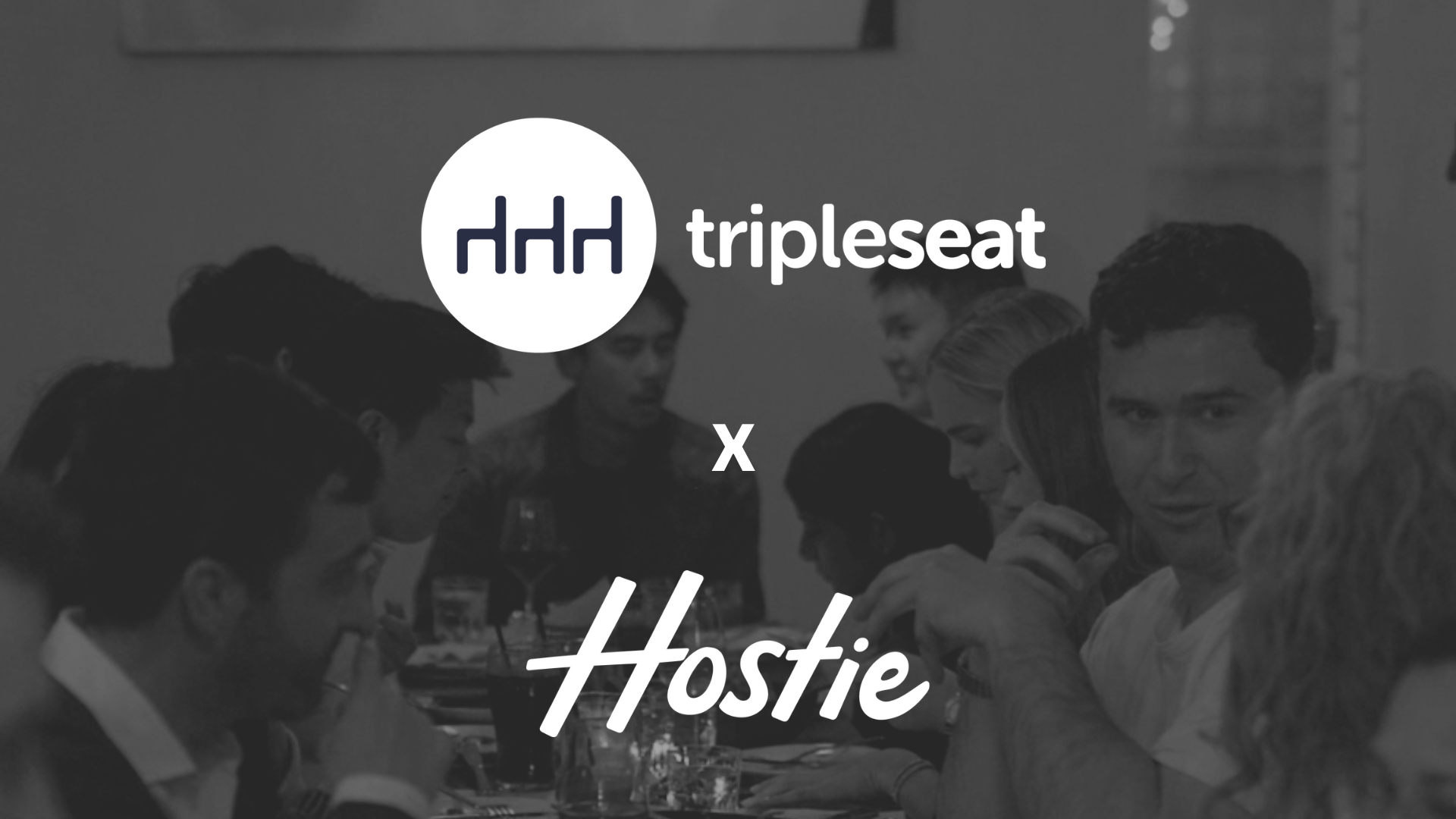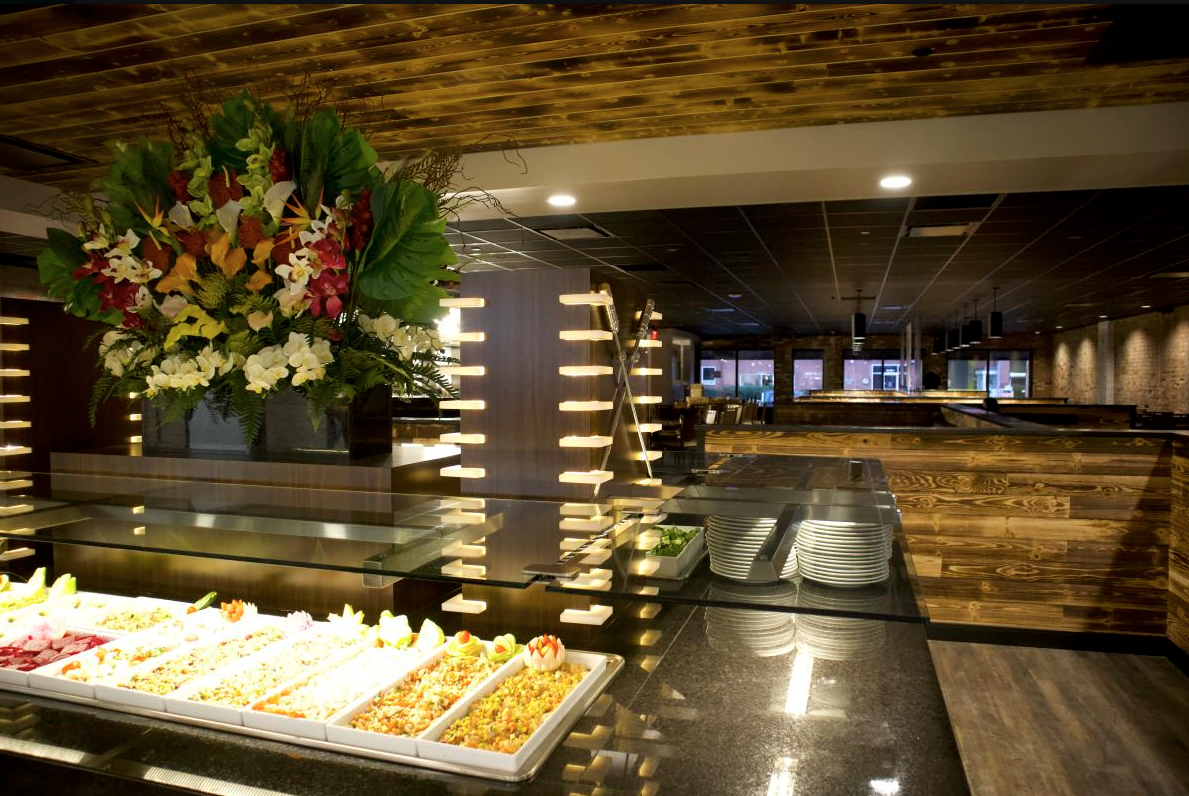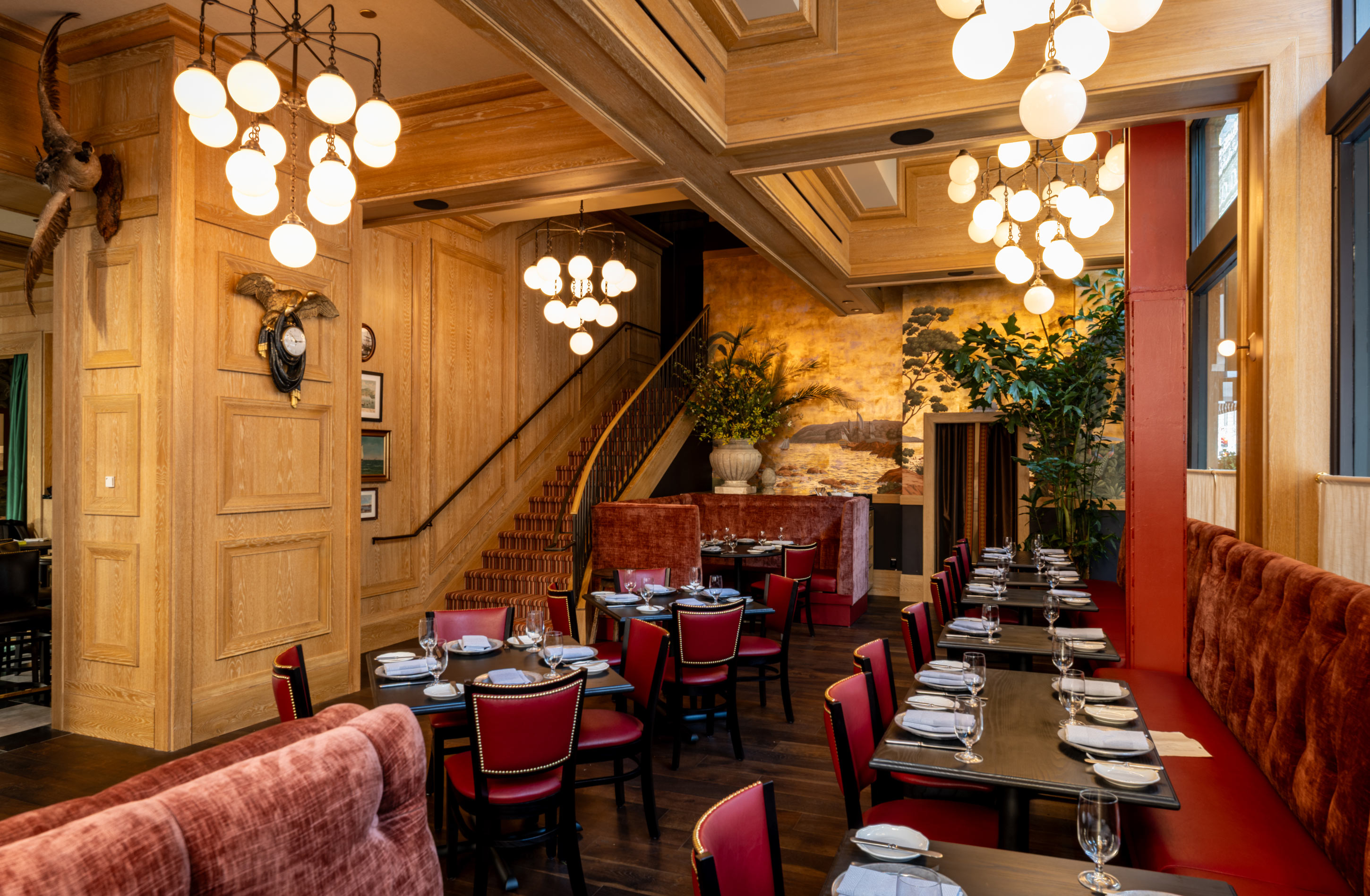
Picture this: It's Saturday night, your dining room is packed, and suddenly two parties show up claiming the same 7 PM table. One booked through OpenTable, the other called and spoke with your AI assistant. The awkward shuffle begins, apologies flow, and what should have been a perfect evening turns into a customer service nightmare.
Double bookings are the bane of restaurant operations, but they don't have to be. With AI-powered phone systems like Hostie handling more reservation calls, the integration between your AI assistant and existing reservation platforms becomes mission-critical. (Hostie AI) According to recent industry data, restaurants implementing AI reservation systems with native integrations are seeing an average 26% lift in covers. (2025 Best AI Restaurant Reservation Systems)
The solution isn't just about connecting systems—it's about building a bulletproof three-layer fail-safe that ensures your AI-captured phone reservations never clash with online bookings. Using OpenTable's NCR Aloha integration as our live case study, we'll walk through real-time webhooks, 15-second polling intervals, and conflict-resolution logic that keeps your reservation book clean and your guests happy.
Before diving into solutions, let's acknowledge what's at stake. Over two-thirds of Americans are willing to abandon restaurants that don't answer their phones, indicating the importance of efficient phone service in the restaurant industry. (AI Phone Host Integration Guide) But when those phone calls result in conflicting reservations, the damage compounds.
High-volume restaurants receive between 800 and 1,000 calls per month, which can disrupt service and overwhelm staff. (2025 Best AI Restaurant Software) When even 2% of those calls result in double bookings, you're looking at 16-20 frustrated guests monthly—and that's just the tip of the iceberg.
The ripple effects include:
Modern restaurants operate in a complex ecosystem of reservation platforms, POS systems, and communication channels. According to Popmenu's 2024 study of 362 U.S. restaurant operators, 79% have implemented or are considering AI for various operations. (AI in Restaurants Report) This rapid adoption means integration challenges are becoming more common, not less.
OpenTable remains the dominant reservation platform, with its Connect API offering robust integration capabilities. The platform's recent updates include enhanced webhook support and real-time availability syncing. (Hostie AI OpenTable Integration)
Resy has gained significant market share, particularly among upscale establishments, with its focus on premium dining experiences and streamlined booking flows.
Google Reservations leverages the search giant's massive reach, allowing diners to book directly from search results and Google Maps listings.
AI Phone Systems like Hostie AI can handle unlimited calls at once and integrate with major platforms across reservations, POS, ordering, and guest management including OpenTable, Resy, Toast, Square, and more. (Hostie AI FAQ)
The first line of defense against double bookings is immediate notification when reservations change. OpenTable's webhook system can push updates to your AI system within milliseconds of a booking, modification, or cancellation.
Implementation Best Practices:
{
"webhook_endpoint": "https://your-hostie-integration.com/opentable/webhook",
"events": [
"reservation.created",
"reservation.updated",
"reservation.cancelled"
],
"authentication": {
"type": "bearer_token",
"token": "your_secure_token_here"
}
}
The webhook payload should include:
Critical Considerations:
While webhooks handle most real-time updates, network issues, server downtime, or API rate limits can cause missed notifications. The second layer implements intelligent polling to catch any gaps.
Polling Strategy:
# Pseudo-code for polling logic
def sync_reservations():
last_sync = get_last_sync_timestamp()
current_time = datetime.now()
# Query OpenTable for changes since last sync
changes = opentable_api.get_reservations(
modified_since=last_sync,
include_cancelled=True
)
for reservation in changes:
if not webhook_received(reservation.id, last_sync):
process_reservation_update(reservation)
update_last_sync_timestamp(current_time)
The 15-second interval strikes the right balance between real-time accuracy and API rate limit compliance. More frequent polling risks hitting OpenTable's rate limits, while longer intervals increase the window for double bookings.
Even with webhooks and polling, edge cases can create conflicts. The third layer implements intelligent conflict resolution that prioritizes guest experience while maintaining operational efficiency.
Conflict Detection Algorithm:
def detect_conflicts(new_reservation):
conflicts = []
# Check for exact time/table conflicts
existing = get_reservations(
date=new_reservation.date,
time_range=(new_reservation.time - 30min, new_reservation.time + 30min)
)
for existing_res in existing:
if tables_overlap(new_reservation.table, existing_res.table):
conflicts.append({
'type': 'table_conflict',
'existing_reservation': existing_res,
'severity': 'high'
})
elif party_size_exceeds_capacity(new_reservation, existing_res):
conflicts.append({
'type': 'capacity_conflict',
'existing_reservation': existing_res,
'severity': 'medium'
})
return conflicts
Resolution Hierarchy:
Let's examine how this three-layer system works in practice using OpenTable's NCR Aloha integration, a common setup in full-service restaurants.
A busy steakhouse runs NCR Aloha POS with OpenTable reservations and recently added Hostie AI to handle phone calls. The integration challenge: ensuring phone reservations captured by Hostie sync seamlessly with OpenTable while respecting NCR Aloha's table management logic.
Step 1: Webhook Configuration
OpenTable webhooks push to Hostie's integration endpoint, which then forwards relevant data to NCR Aloha's table management system:
{
"integration_flow": {
"source": "OpenTable",
"webhook_endpoint": "https://hostie-integration.com/ot-webhook",
"destination": "NCR_Aloha_Table_Management",
"data_mapping": {
"reservation_id": "ot_reservation_id",
"party_size": "guest_count",
"reservation_time": "arrival_time",
"table_preference": "seating_area"
}
}
}
Step 2: Polling Backup
Every 15 seconds, Hostie queries OpenTable for any missed updates and cross-references with NCR Aloha's current table status. This catches edge cases where webhooks might fail due to network issues or system maintenance.
Step 3: Conflict Resolution in Action
When a phone caller requests a 7 PM table for four, but OpenTable shows only a 6:45 PM slot available, the system:
After implementing this integration:
When your restaurant hits 95% capacity, every decision becomes critical. Here's the escalation framework that prevents overbooking while maximizing revenue:
def calculate_capacity_utilization(date, time_slot):
total_seats = get_total_restaurant_capacity()
reserved_seats = get_reserved_seats(date, time_slot)
utilization = (reserved_seats / total_seats) * 100
if utilization >= 95:
trigger_capacity_alert(date, time_slot, utilization)
return utilization
At 95% Capacity:
At 98% Capacity:
At 100% Capacity:
Hostie AI's natural conversation capabilities shine during high-capacity periods. Instead of simply saying "we're booked," the AI can offer alternatives: "I see we're quite busy at 7 PM, but I have a lovely table available at 6:30 PM or 7:45 PM. Which would work better for you?" (Hostie AI Features)
This approach maintains the hospitality experience even when turning guests away, often resulting in successful rebookings rather than lost customers.
Integrating with major reservation platforms requires strict adherence to their API terms and security requirements. Here's what you need to know:
Critical Requirements:
Compliant Authentication Example:
{
"api_integration": {
"client_id": "your_unique_client_id",
"client_secret": "your_secure_client_secret",
"scope": ["reservations:read", "reservations:write"],
"webhook_secret": "your_webhook_validation_secret"
},
"security_measures": {
"token_rotation": "every_90_days",
"ip_whitelist": ["your.server.ip.address"],
"ssl_required": true,
"signature_validation": true
}
}
Resy's API focuses heavily on premium dining experiences, with additional requirements for:
Google's integration requires:
Symptoms:
Solutions:
Symptoms:
Solutions:
Symptoms:
Solutions:
For restaurants operating at the highest level, additional integration features can provide competitive advantages:
Using historical no-show data, advanced systems can safely overbook by small percentages to maximize revenue:
def calculate_safe_overbooking(date, time_slot, weather, events):
historical_no_show_rate = get_no_show_rate(date, time_slot)
weather_adjustment = get_weather_impact(weather)
event_adjustment = get_event_impact(events)
adjusted_no_show_rate = historical_no_show_rate * weather_adjustment * event_adjustment
if adjusted_no_show_rate > 0.15: # 15% threshold
return min(adjusted_no_show_rate * total_capacity, 3) # Max 3 extra bookings
return 0
Some premium establishments adjust pricing based on demand. Integration with reservation systems can trigger pricing updates:
Advanced AI systems can learn from guest behavior across multiple visits:
Hostie AI supports 20 different languages, making it particularly valuable for diverse markets where guest preferences might vary by cultural background. (Hostie AI FAQ)
Rolling out a comprehensive integration requires careful planning and realistic expectations:
Hostie AI allows restaurant operators to integrate an AI voice assistant with their existing reservation and POS systems in under an hour. (Hostie AI Integration Guide) This rapid deployment means restaurants can start seeing benefits immediately rather than waiting weeks for complex integrations.
The platform offers three service tiers to match different operational needs:
Implementing a sophisticated reservation integration system requires ongoing measurement and optimization:
Double Booking Rate
Synchronization Accuracy
Response Time
Revenue per Available Seat Hour (RevPASH)
Staff Efficiency
Guest Satisfaction Scores
The restaurant technology landscape evolves rapidly. Building integrations that can adapt ensures long-term success:
Major platforms regularly update their APIs. Your integration should:
As your restaurant grows, your integration must scale:
Stay ahead of trends that could impact your integration:
According to industry research, AI is being increasingly used by restaurant and convenience store operators to enhance convenience, speed, and quality, which are key to driving repeat business. (Paytronix AI Trends) This trend suggests that restaurants investing in comprehensive AI integrations now will be better positioned for future innovations.
Double bookings don't have to be an inevitable part of restaurant operations. By implementing a robust three-layer fail-safe system—real-time webhooks, intelligent polling, and smart conflict resolution—you can ensure your AI-powered phone reservations work seamlessly with OpenTable, Resy, and Google Reservations.
The key is treating integration not as a one-time technical project, but as an ongoing operational advantage. With proper implementation, monitoring, and optimization, your reservation system becomes a competitive differentiator that enhances both guest experience and operational efficiency.
Remember, the goal isn't just to prevent double bookings—it's to create a seamless experience where technology enhances hospitality rather than replacing it. When your AI assistant can confidently book reservations knowing they'll never conflict with online bookings, your staff can focus on what they do best: creating memorable dining experiences.
As the restaurant industry continues to embrace automation, with 58% of people aged 18-38 more likely to return to restaurants that use automation, (Hostie AI Integration Guide) the restaurants that master these integrations will be the ones that thrive.
The investment in proper integration pays dividends not just in prevented conflicts, but in increased revenue, improved staff efficiency, and enhanced guest satisfaction. In an industry where margins are tight and competition is fierce, eliminating double bookings isn't just good operations—it's good business.
💡 Ready to see Hostie in action?
Don't miss another reservation or guest call.
👉 Book a demo with Hostie today
Hostie AI uses a three-layer fail-safe system to prevent double bookings: real-time webhooks for instant updates, automated polling every 30 seconds as backup, and intelligent conflict resolution algorithms. This ensures seamless synchronization across OpenTable, Resy, Google Reservations, and direct phone bookings, eliminating the awkward situation of two parties claiming the same table.
Yes, Hostie AI can be integrated with OpenTable's Connect API and major POS systems like Toast and Square in under 60 minutes. The integration allows for zero-touch reservations where calls flow directly from Hostie's AI system to your restaurant's POS and kitchen display systems without human intervention, streamlining your entire reservation process.
Hostie AI's conflict resolution system automatically detects potential double bookings and applies predefined rules to resolve them. The system prioritizes reservations based on timestamp, payment status, and source reliability. If a conflict cannot be automatically resolved, it immediately alerts your staff with specific details and suggested actions to maintain smooth operations.
Hostie AI maintains 99.9% synchronization accuracy through its multi-layered approach. Real-time webhooks provide instant updates, while the 30-second polling backup ensures no reservation is missed even if webhooks fail. This redundant system has proven effective for high-volume restaurants that receive 800-1,000 calls per month, maintaining seamless operations during peak hours.
Restaurants implementing AI reservation systems with native integrations see an average 26% lift in covers and significant operational improvements. Hostie AI handles calls 24/7 in 20+ languages, freeing up staff to focus on dining experiences rather than phone management. With 58% of people aged 18-38 more likely to return to restaurants using automation, it's both an operational and competitive advantage.
Yes, Hostie AI offers multiple service tiers including Basic, Standard, and Premium packages to accommodate different restaurant sizes and needs. Each tier provides varying levels of integration capabilities, call volume handling, and advanced features like multi-language support and analytics, ensuring restaurants can choose the solution that best fits their operational requirements and budget.
RELATED


